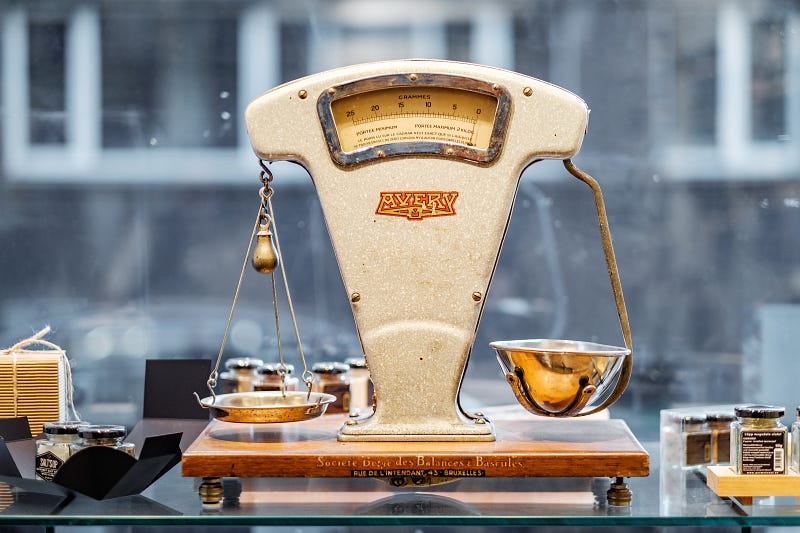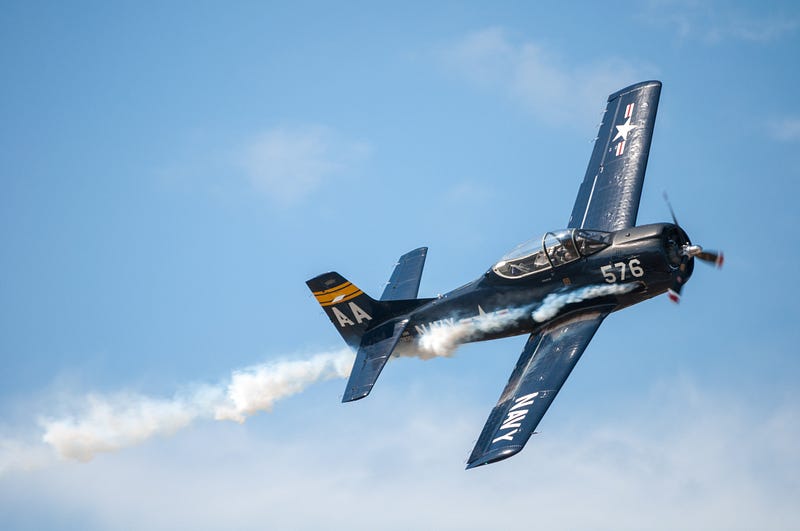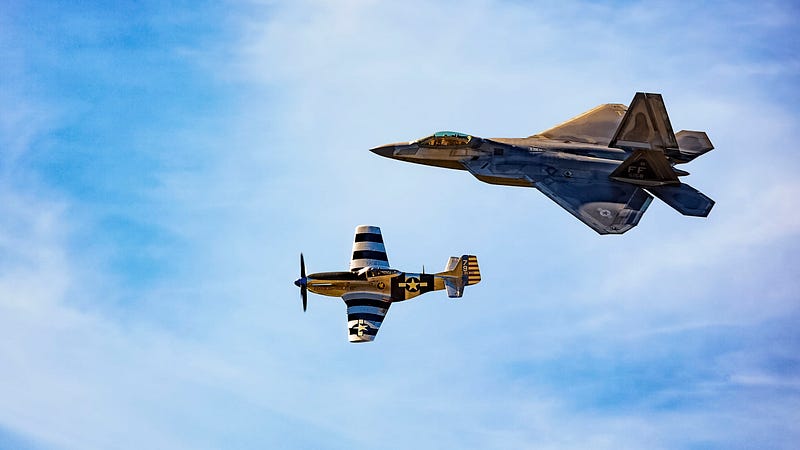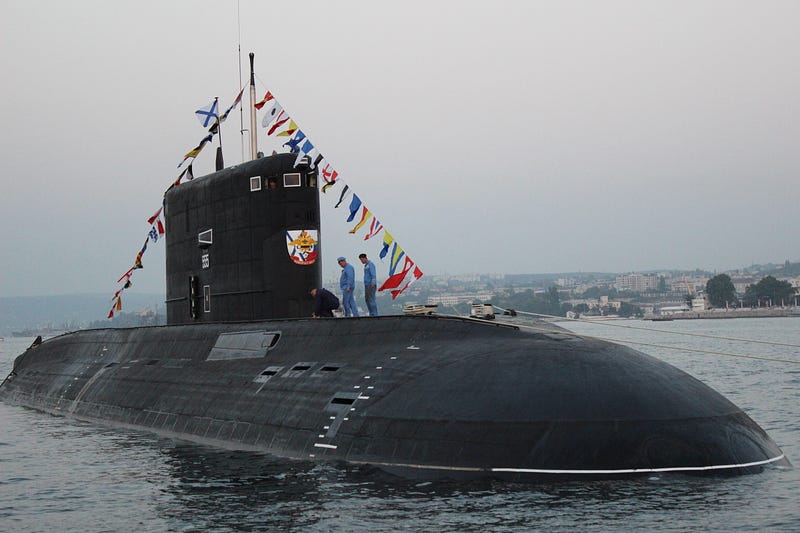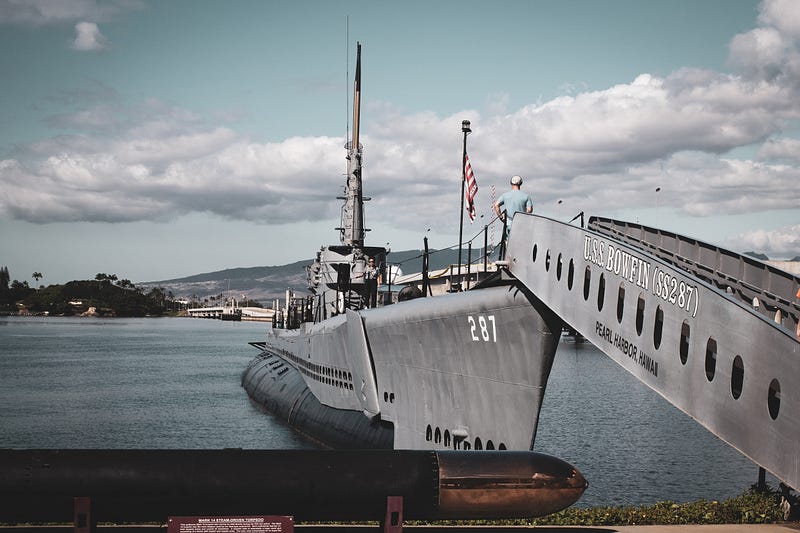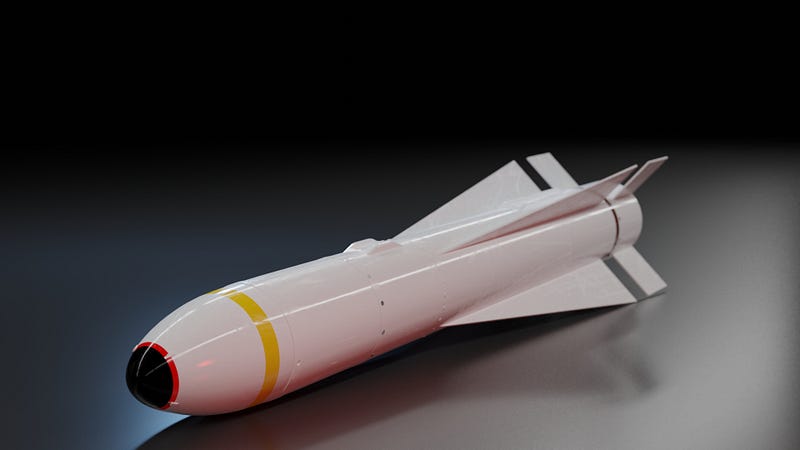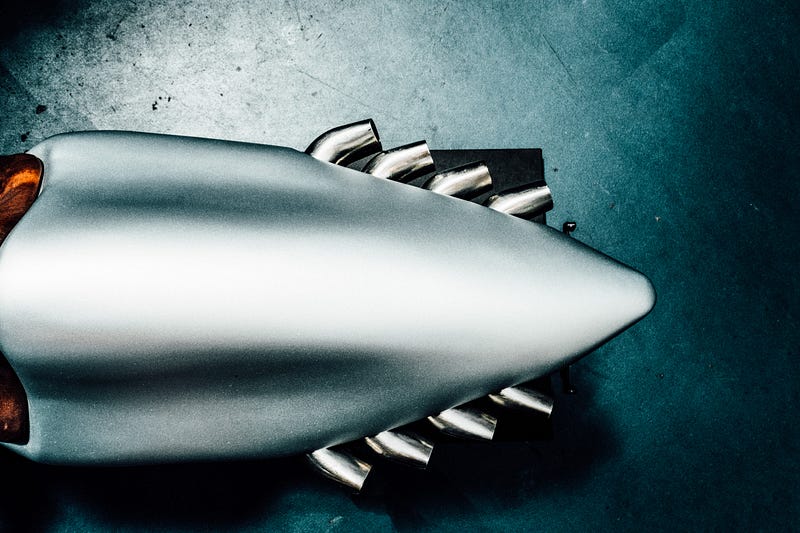I am happy to announce that I have completed the “Pacific War Trilogy”. I initially planned to complete by H1 this year. So that is two months ahead of schedule.
There are still many observations/thoughts from reading this book I would like to share with you. And that is what I am going to write for the next few entries.
In this blog, I would like to share with you how indifferent people can be towards things that other people’s lives depend on.
During Pacific War, US submarines carried out various missions to contribute to the winning of the war, including recon, tracking enemy fleet, transporting personnel and supplies, searching and rescuing downed pilots etc etc.
Among them all, the mission that contributed the most to the war was attacking the transport fleet of the Japanese, cutting the supply lines of Japanese: shipping crude oil from South pacific to Japan and then troops and weapons and ammunition and refined fuel from Japan to various battle fields.
The consequence was that the economy of Japan collapsed due to lack of fuel and raw material and the navy was pretty much trapped inside the harbor due to lack of fuel.
Needless to say, this contributed greatly to the victory.
However, this was not easy.
US submarines had to sneak into dangerous waters, deal with threat from enemy cruisers, and, last but not least, ineffective and dangerous torpedo fired by their very sub.
During the initial part of the war, US torpedo had three problems:
- They move at 10 inch lower than their design depth
- They do not detonate or detonate randomly. Many times, crew of the sub had to watch their target move away unharmed in total disappointment, after they had risked their lives to get into position and launch the attack.
- Their moving path is unpredictable, and worse, they could move in a circle and come right at the sub that fired it. There were two confirmed cases where the sub was destroyed by the torpedo they fired, including a “star” performer who scored record number of hits. “Confirmed” means crew of the destroyed subs survived to tell the story. We can only imagine how many more did not have any survivors.
It was estimated that the effectiveness of US subs were reduced by 50% due to torpedo problem.
However, despite the numerous report of problems, the people who designed the torpedo refused to acknowledge it. They refused to do any tests to either prove or disprove the reports. Instead, they blamed the crews for not using the weapon properly and failing to take good care of it.
Navy had to conduct their own tests and escalate through their ranks, just to make the problems acknowledged.
And when the new generation of torpedo, which is more reliable, faster, quieter and harder to be observed by target, was being tested, the same group of people refused to give any support.
It amazes me how indifferent these people were during the war.
First of all, the torpedo should have been tested properly before being shipped to battlefield. As a result, sailors had to risk their lives to launch those ineffective torpedo towards enemy target.
Secondly, after numerous reports, they could have conducted some tests to confirm the existence or non-existence of the problems. Instead, they just denied.
Lastly, when the new generation of torpedo was to replace their inferior products, they refused to give any support.
This could have played out very differently.
If the problems were corrected earlier, fewer sailors would need to die. Maybe the war can be won a bit earlier and many lives would have been saved.
But, those people who created the torpedo, they did not care about the lives of the seaman who were fighting the war. They did not care whether the war was won or not…
This is so incredible, especially when the whole country was making sacrifices to support the war.
If that could happen during the war, it could only be more common in peace. Maybe we are suffering from some indifferent people. Maybe some people are suffering because we are indifferent.
But what goes around comes around. Do our job and be responsible, no matter what others do.
Till next time!
